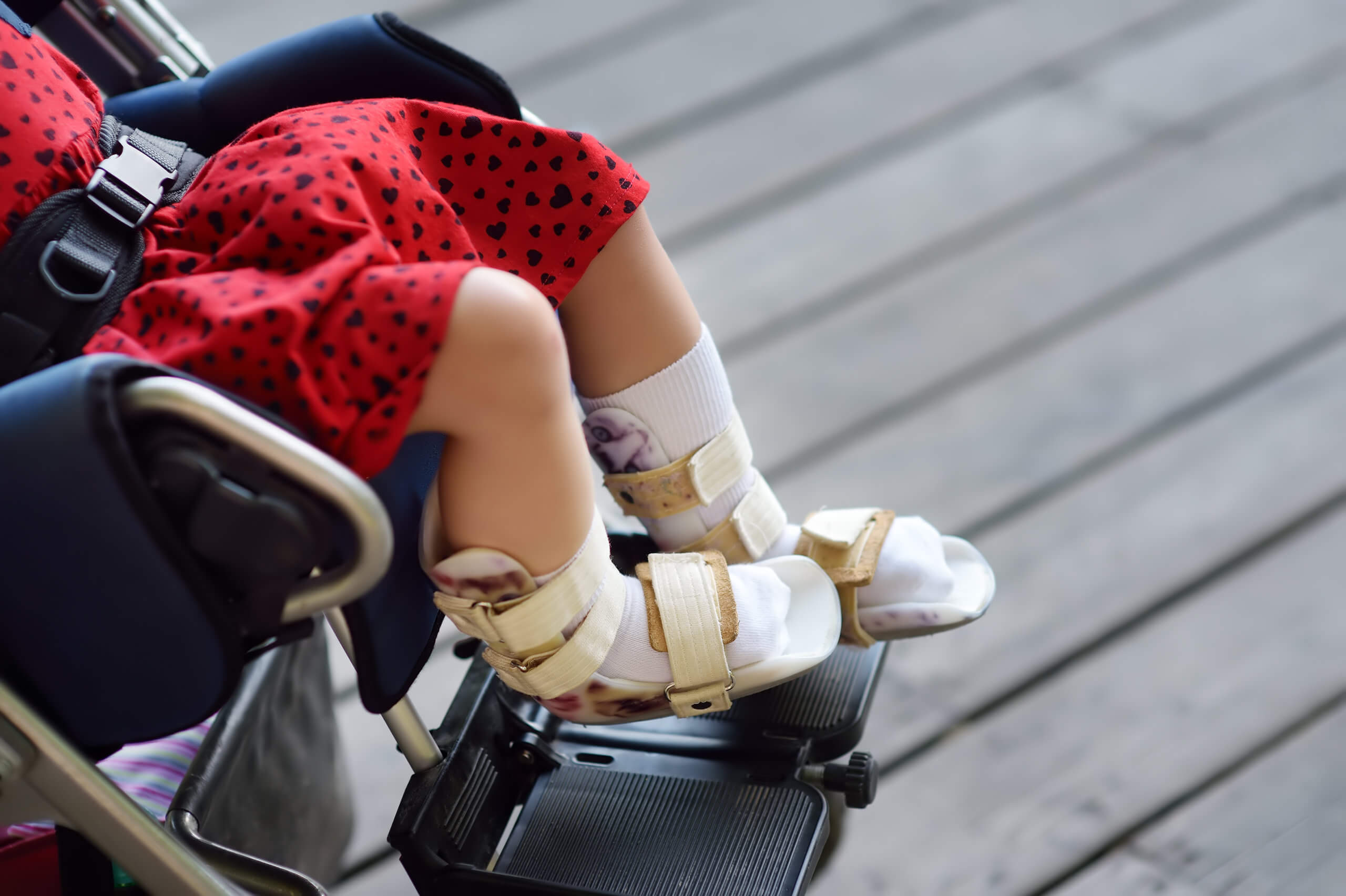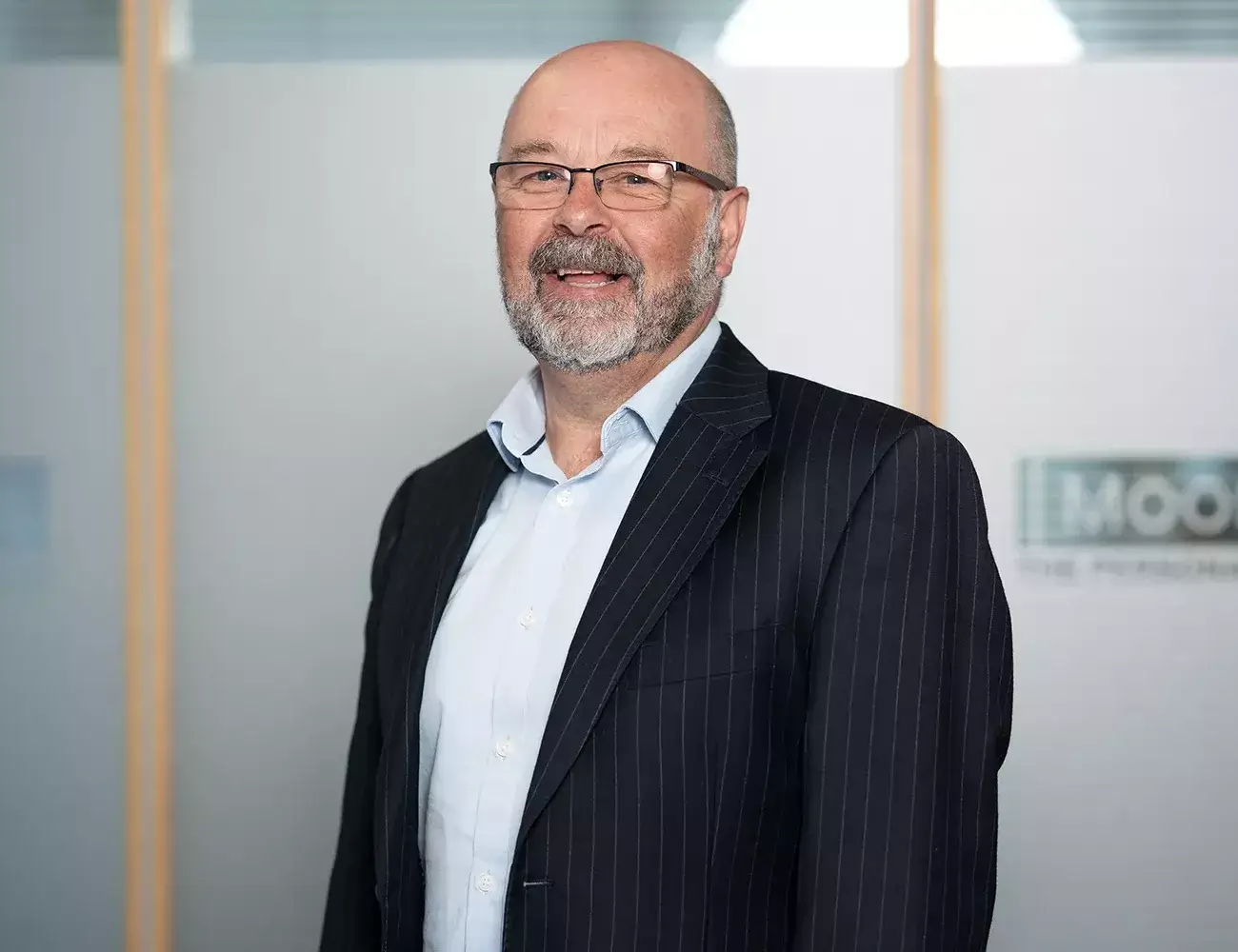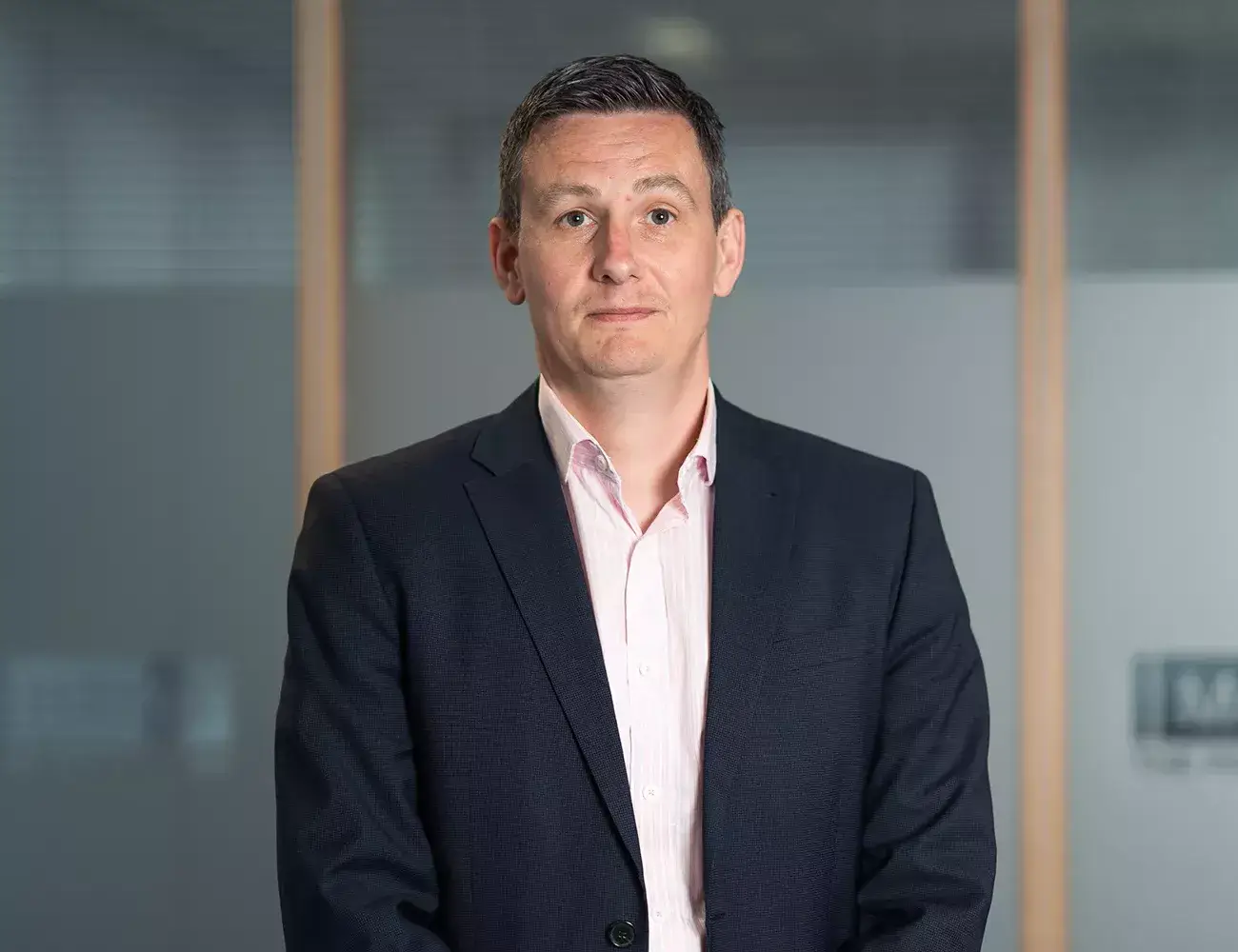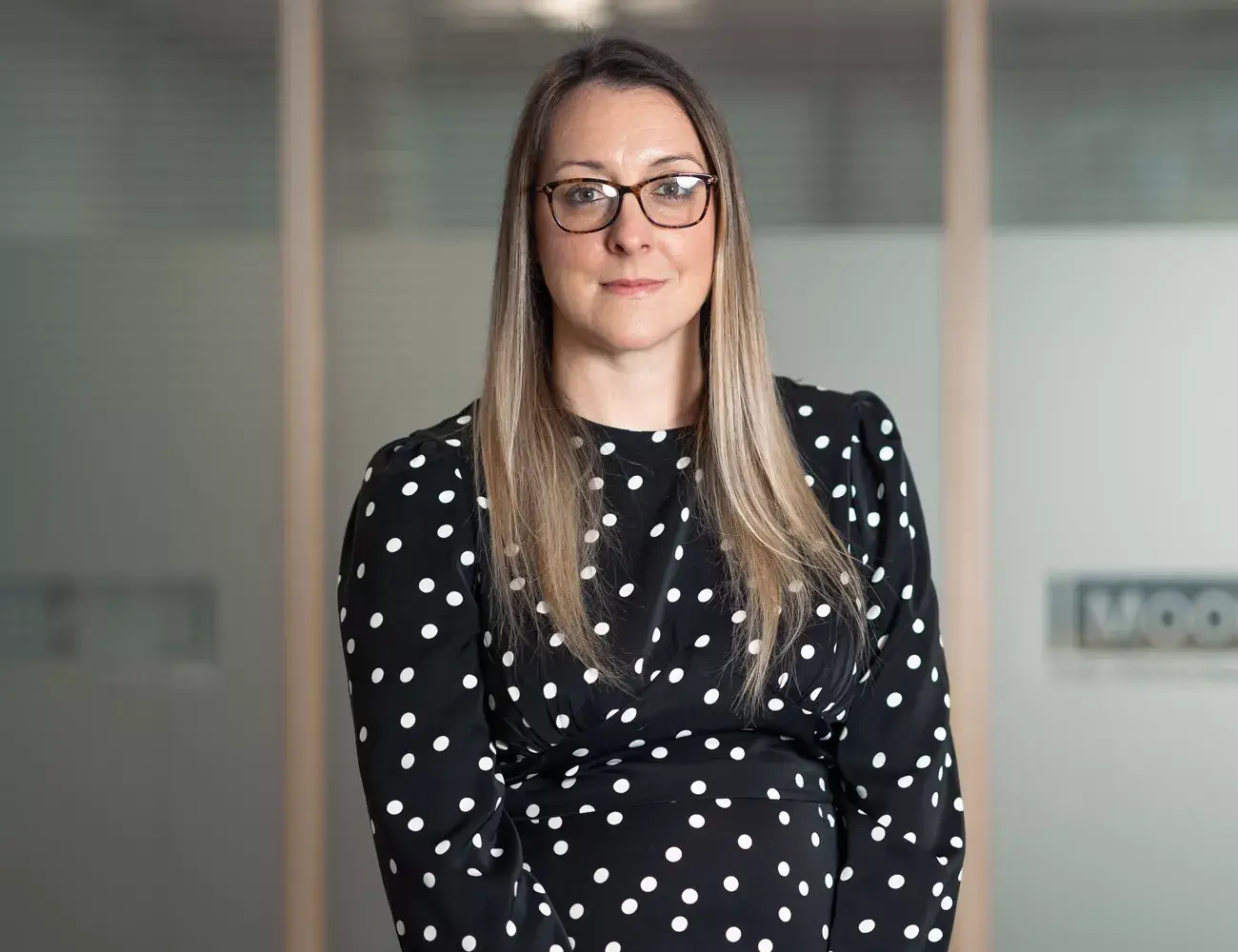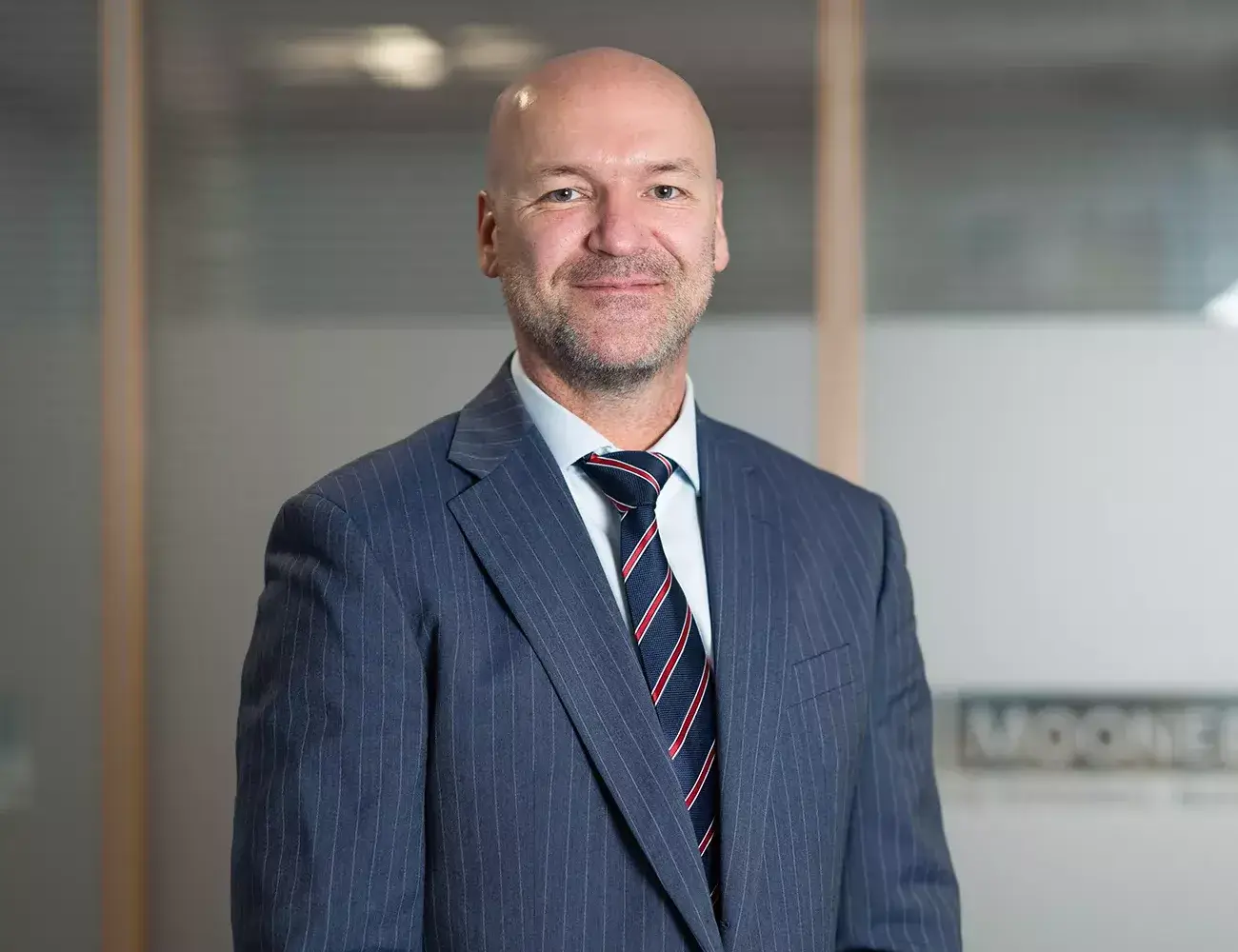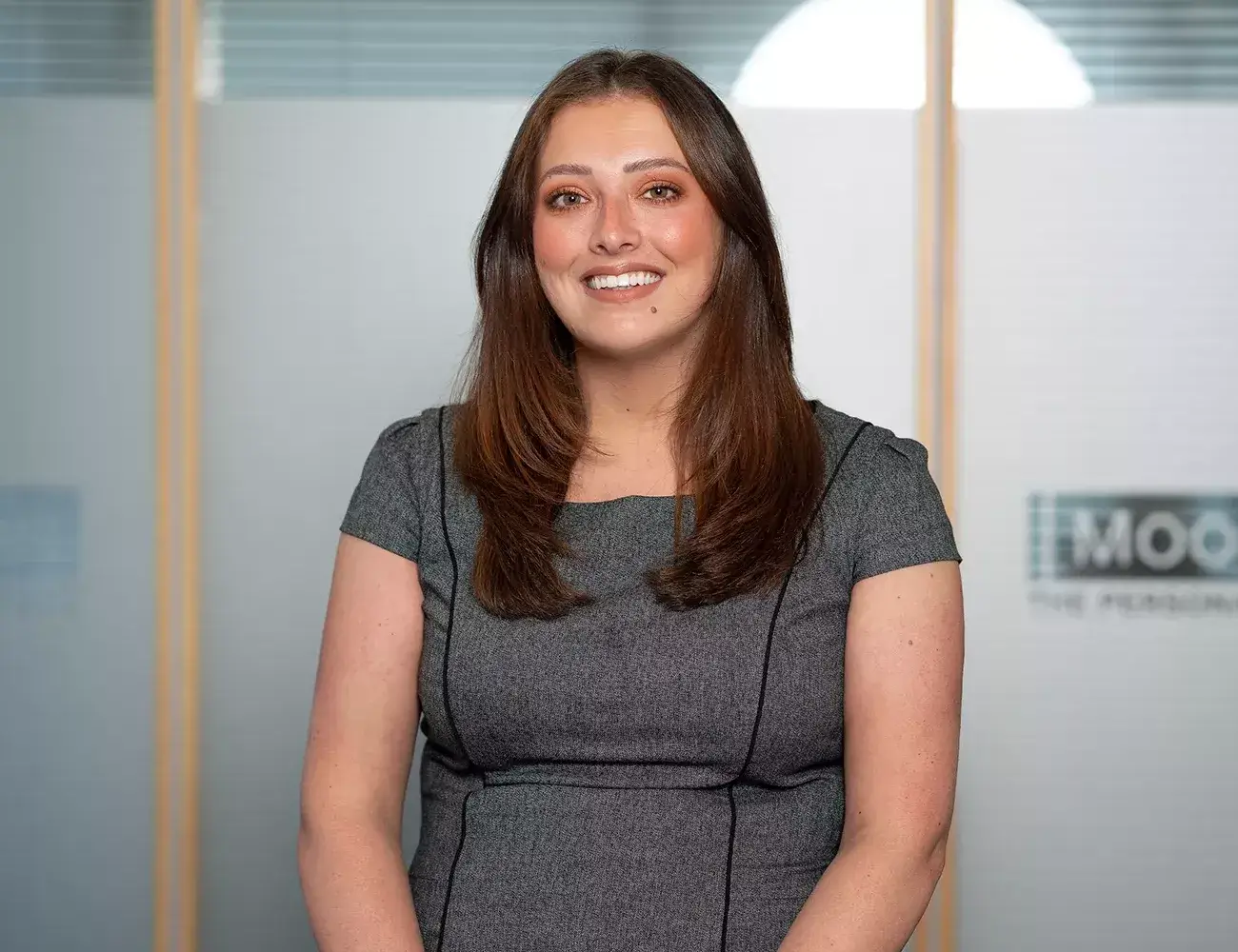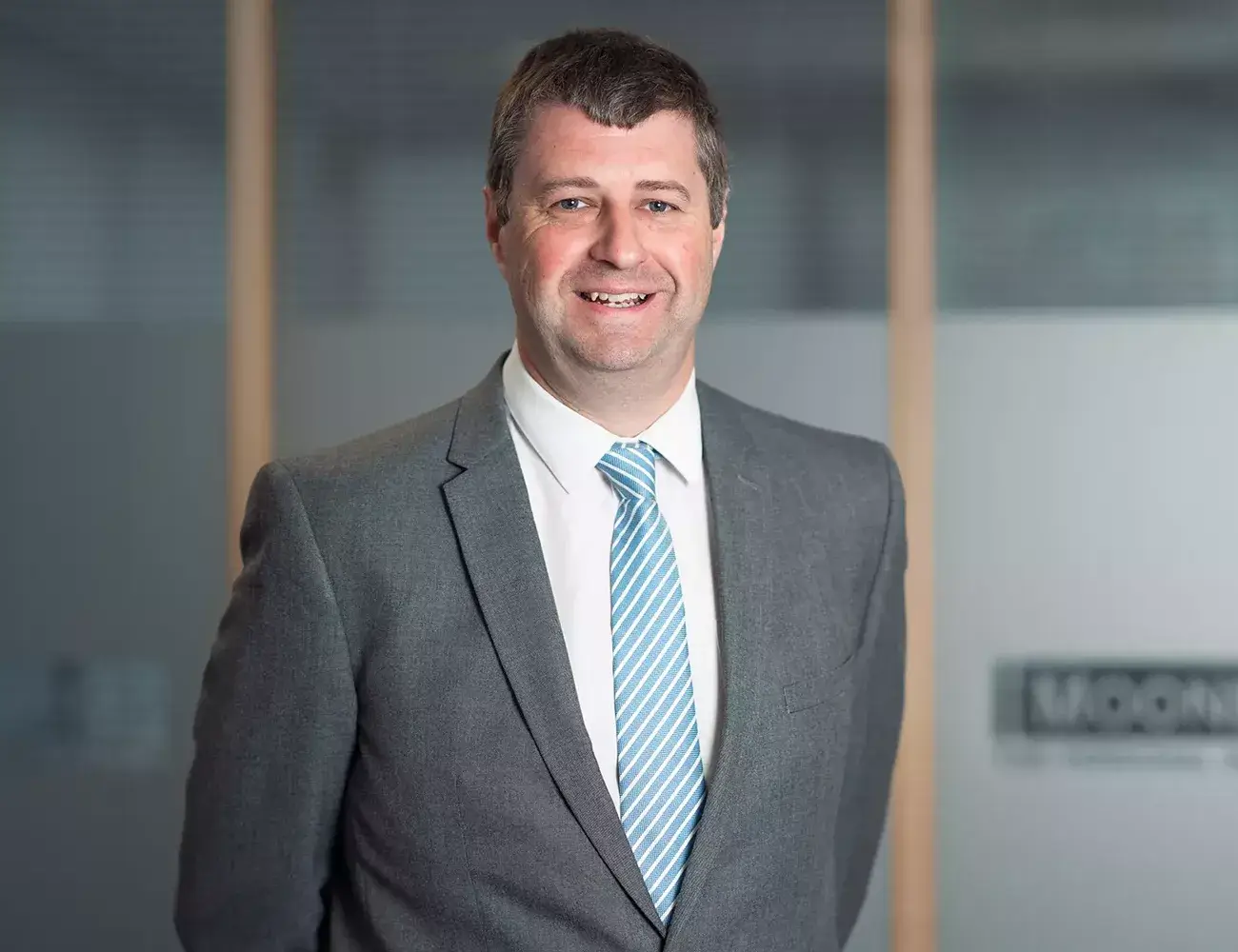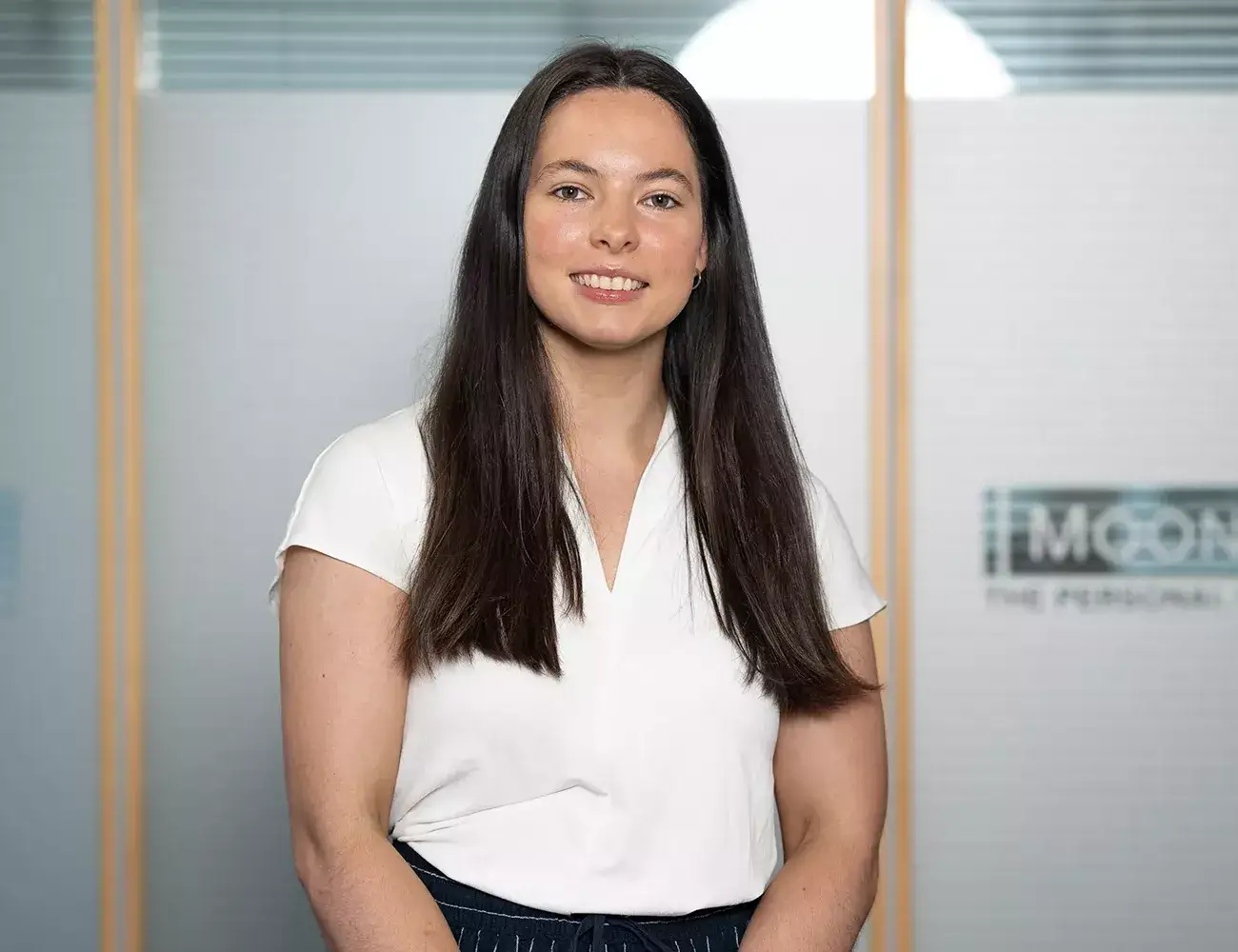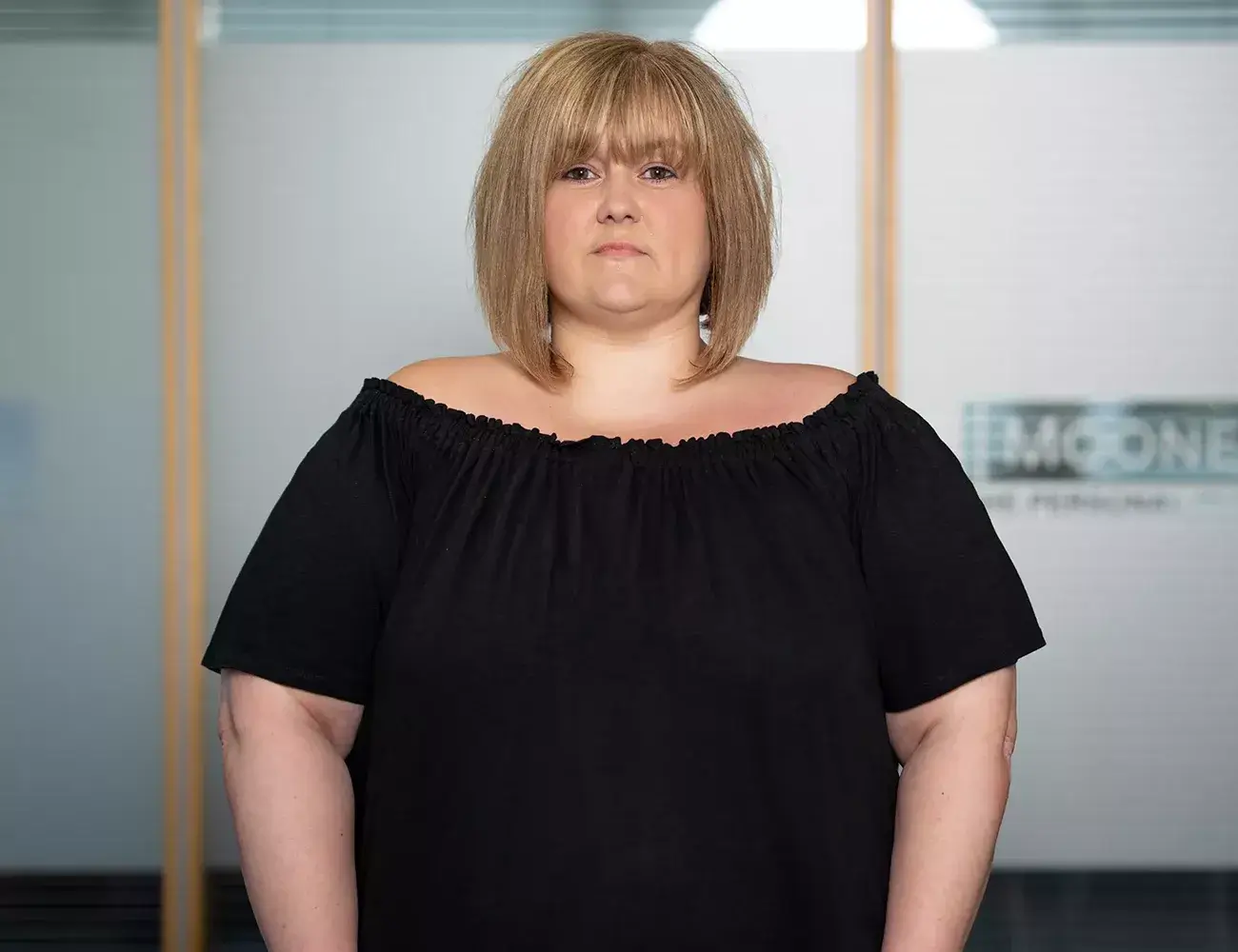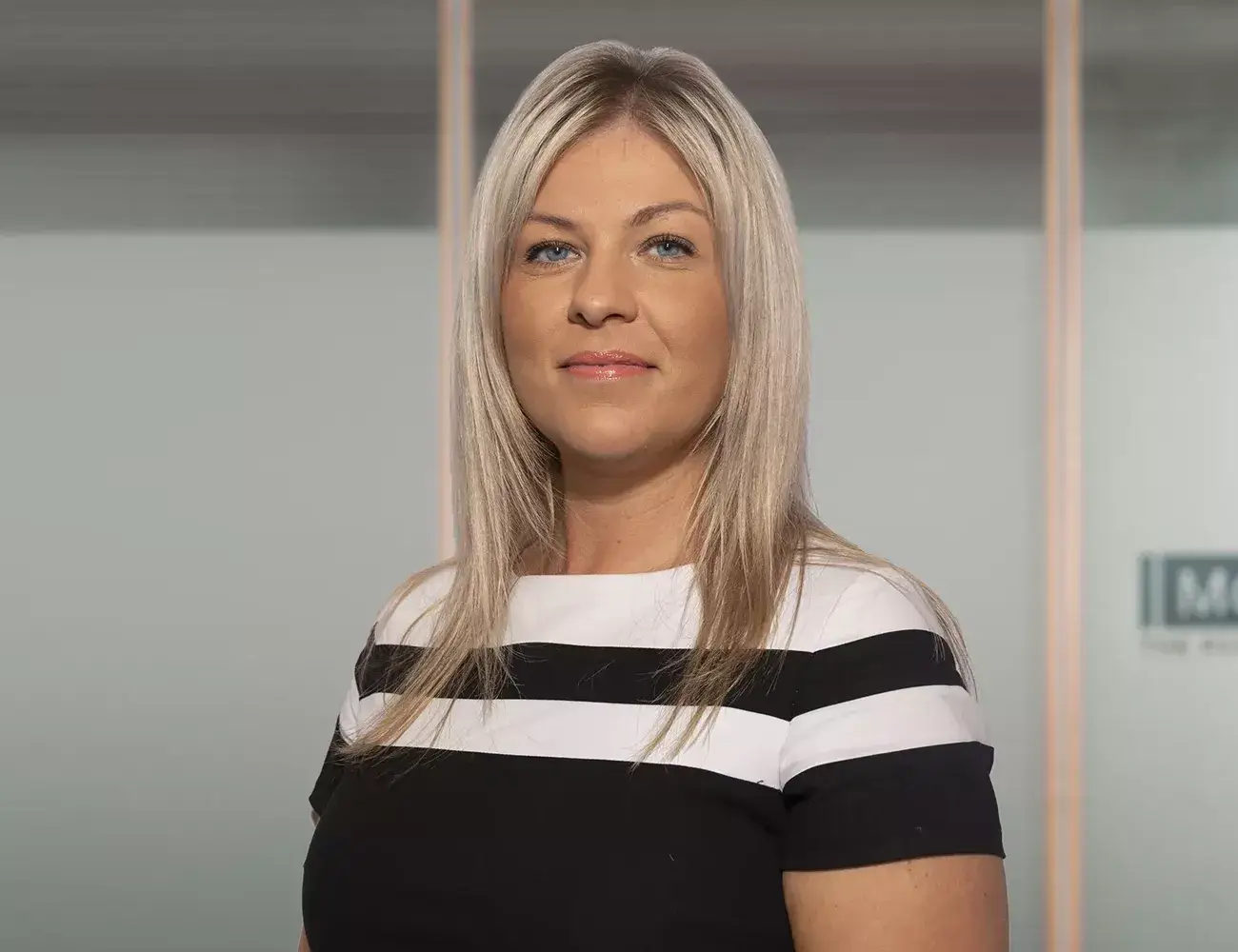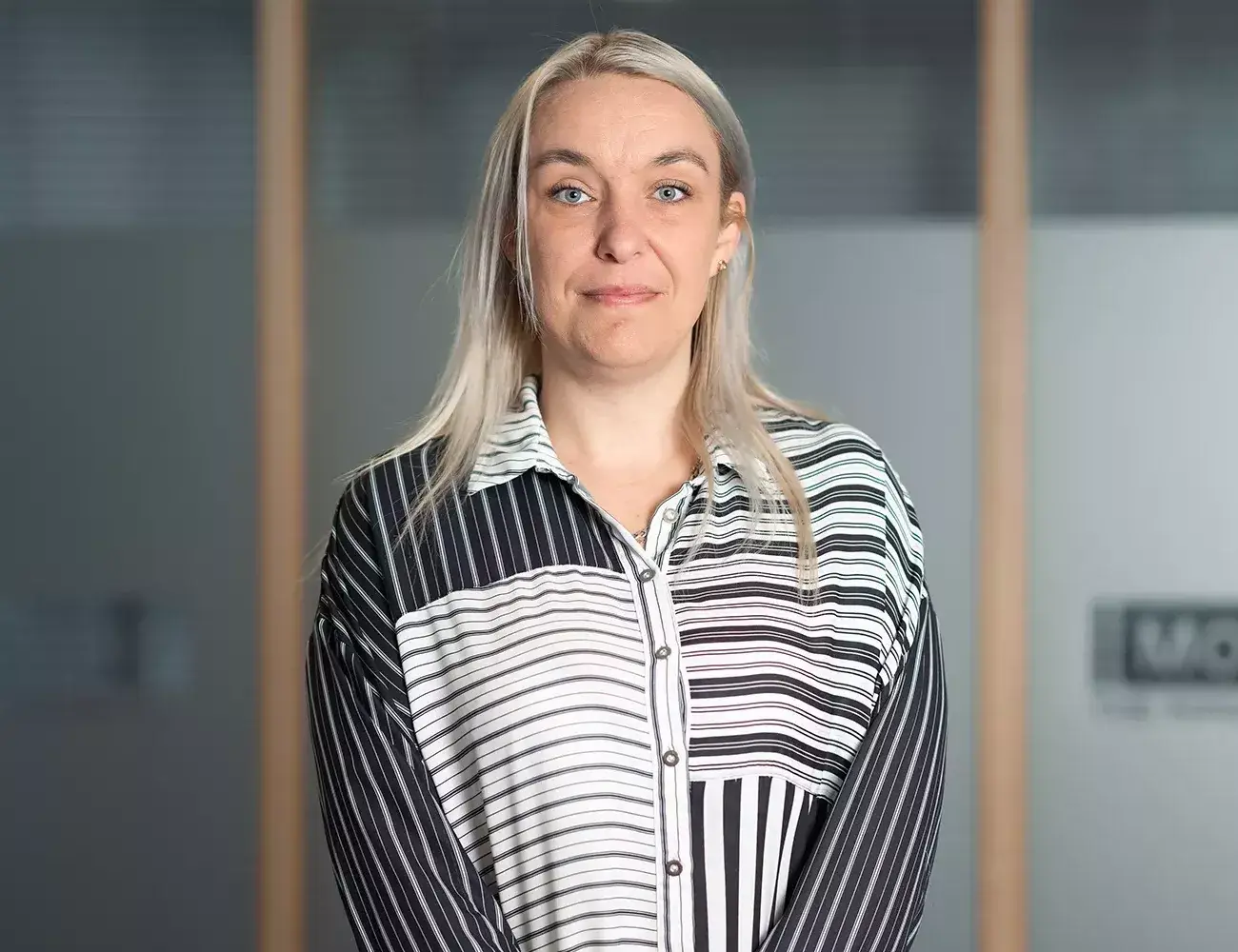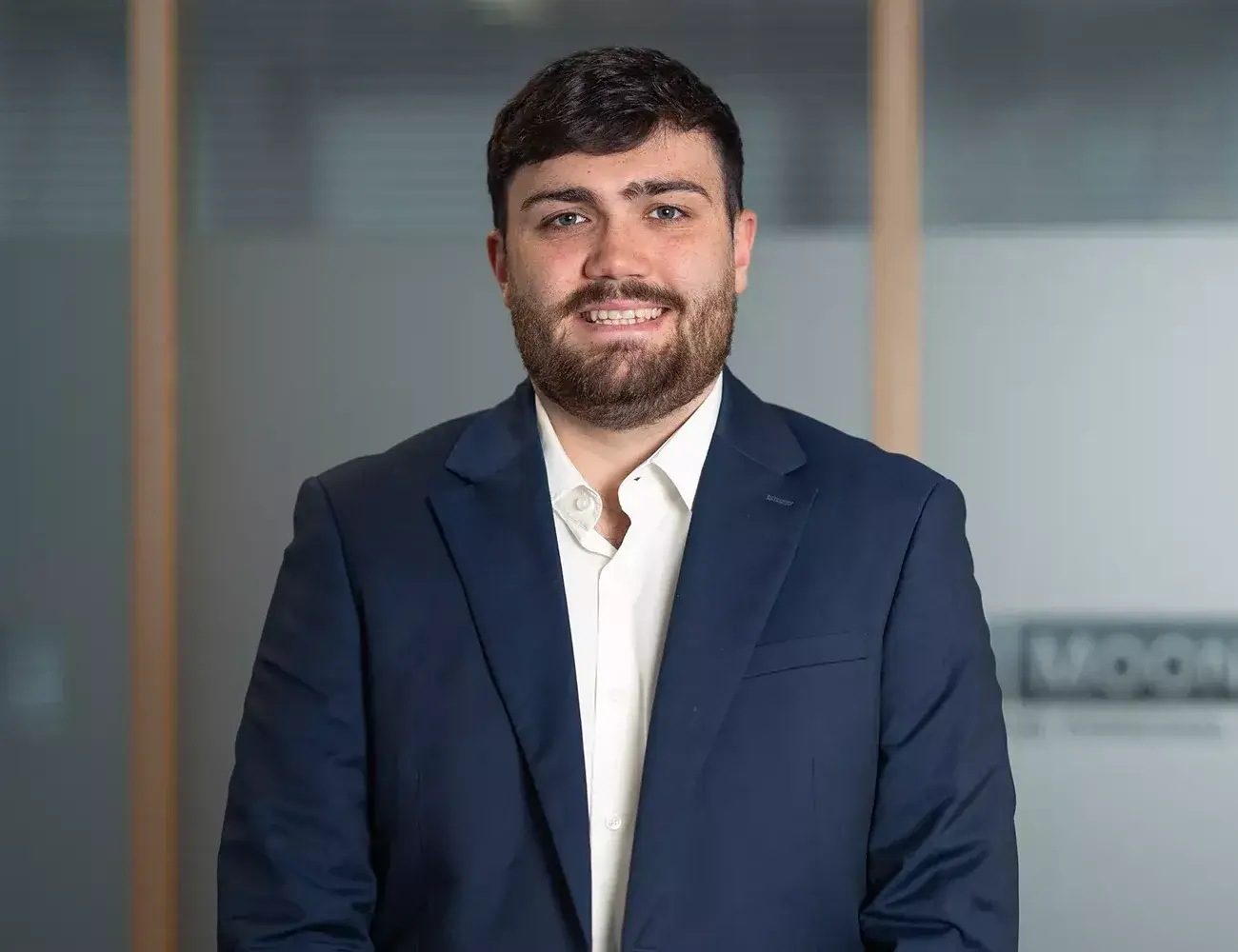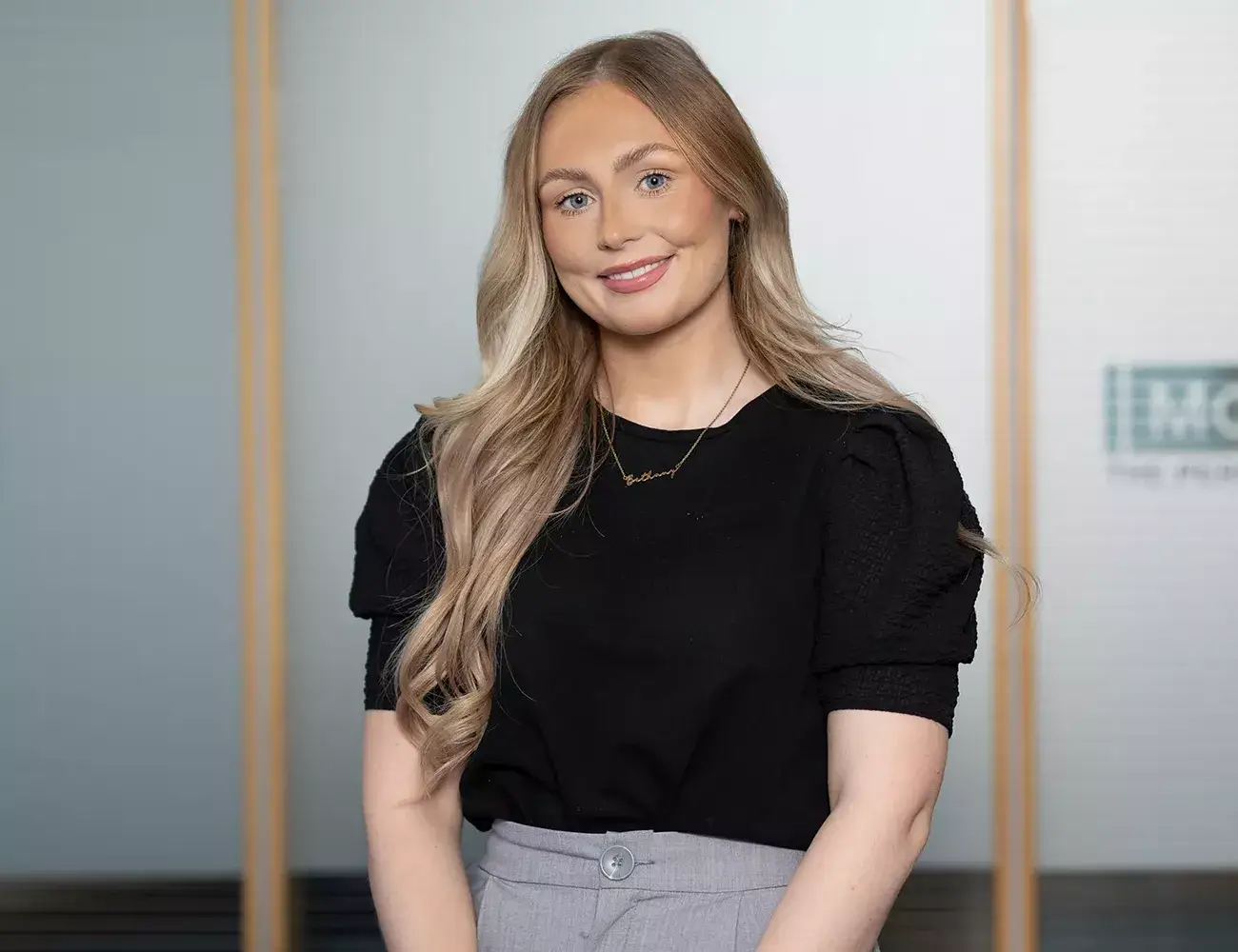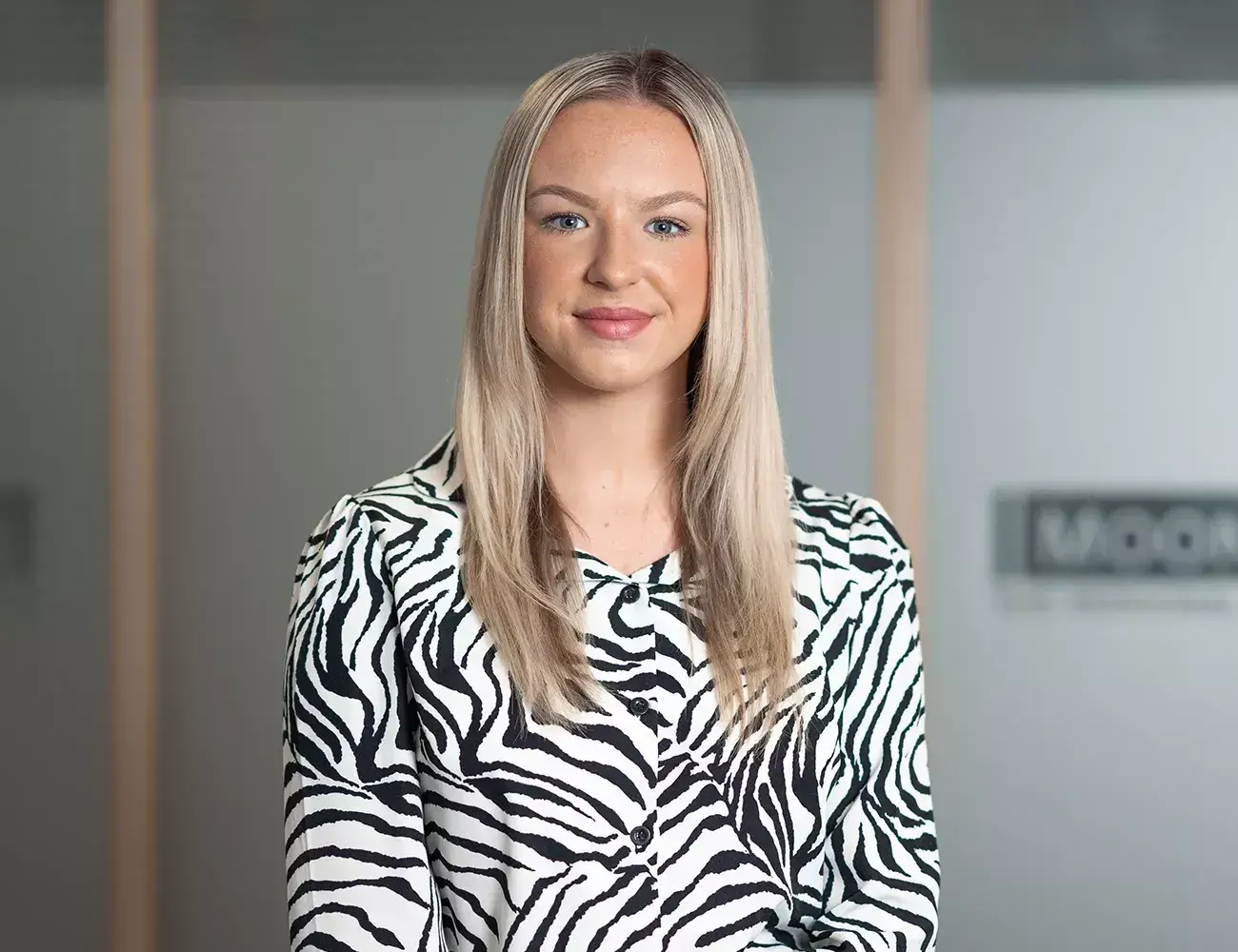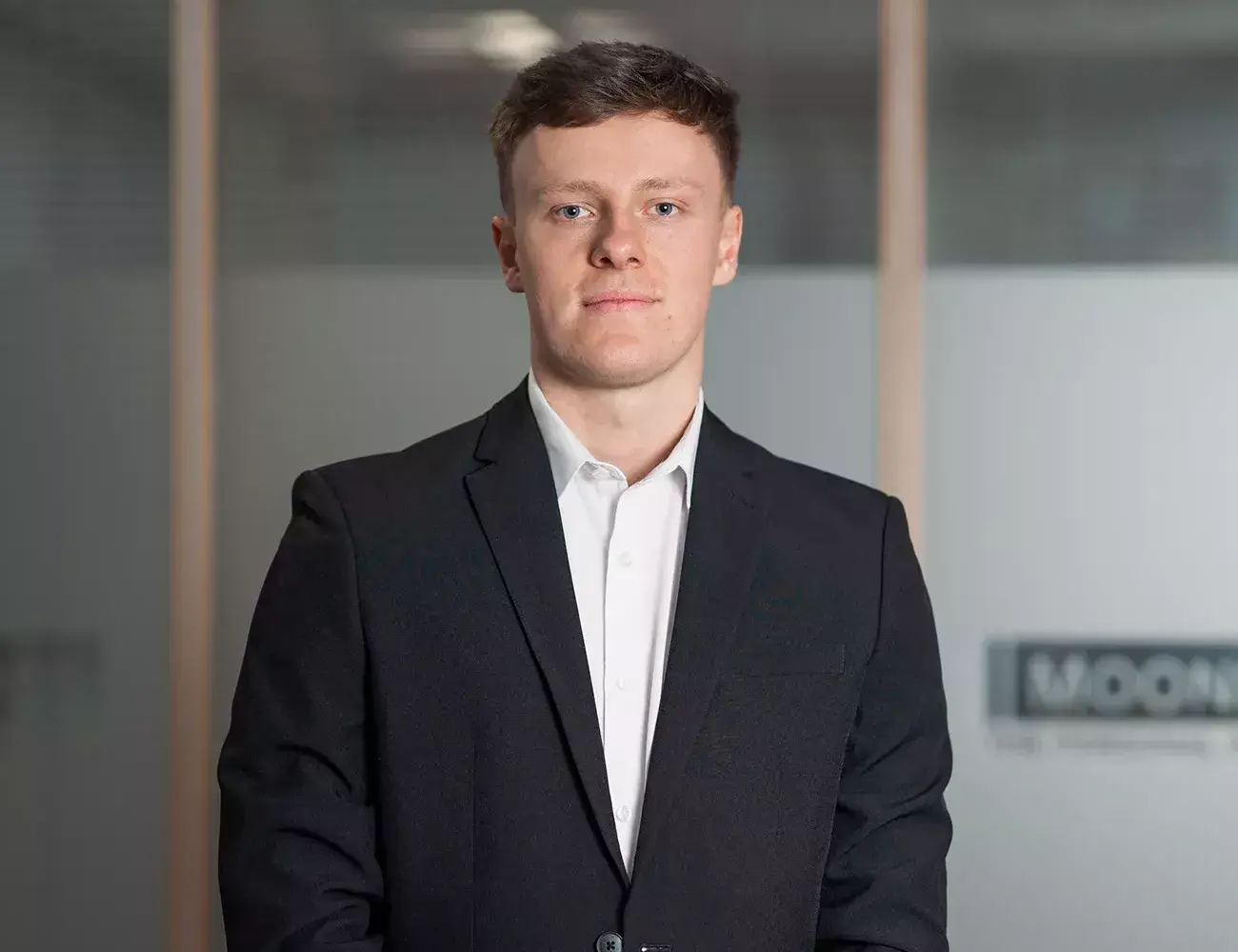Cerebral Palsy Solicitors
Cardiff based Mooneerams solicitors work in partnership with some of the best cerebral palsy solicitors in the country. Cerebral Palsy claims due to medical negligence are complex and delicate cases.
Cerebral Palsy claims are an area of the law where obtaining the right legal advice and assistance is vital.
Our solicitor partners subscribe to the Rehabilitation Code of Practice. The Code promotes collaboration between legal representatives to provide early use of rehabilitation in the compensation process.
A successful cerebral palsy negligence claim can fund the necessary long term requirements of a child with cerebral palsy. The compensation recovered ensures that all treatment, rehabilitation and care needs are met.
If your child has cerebral palsy due to medical negligence, call Mooneerams solicitors on 029 2048 3615. You can also contact us online, and we will arrange for you to have a free consultation with our expert medical negligence solicitor partners.
What is cerebral palsy?
Cerebral palsy is a type of brain injury.
Approximately 1/5th of all cerebral palsy cases are due to poor management of the baby during delivery.
Doctors often refer to a newborn baby’s brain injury as Hypoxic Ischemic Encephalopathy (HIE).
Cerebral palsy is a movement disorder. It is caused when a child’s brain is damaged or when the brain develops some type of abnormality. It only affects children up to 5 years of age, and adults do not develop cerebral palsy.
Cerebral palsy affects 1 in every 400 children born in this country. It is estimated that approximately 30,000 children live with cerebral palsy in the UK. There are numerous types of cerebral palsy, and sadly there is currently no cure for any of them. However, treatment to prevent further complications of the condition can have a positive outcome.
When does clinical negligence cause cerebral palsy?
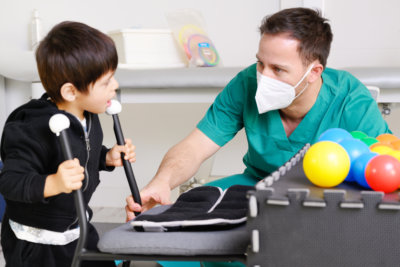
The resulting delay can cause the baby’s brain to become starved of oxygen during birth. This lack of oxygen may result in the child becoming permanently disabled, physically, mentally or both. Instances where cerebral palsy may be due to medical negligence, include:
- Infections caused by premature or prolonged ruptures of membranes.
- Delayed diagnosis of neonatal meningitis
- Delays in diagnosis or treatment of jaundice
- Bleeding on the brain caused by excessively forceful use of forceps
- Failure to deliver the baby quickly enough during a caesarean section
- Failure to respond urgently when the umbilical cord gets wrapped around the baby’s neck
- Failure to monitor or properly monitor the baby’s heartbeat
How long do I have to start a cerebral palsy claim?
The claim will be made on behalf of the child. Cerebral palsy clinical negligence claims can be started at any time until the child reaches 18 years of age.
Their Litigation Friend brings the claim. This person is usually the child’s parent(s) or another family member.
Once the child reaches their 18th birthday, they have three years to start a claim themselves.
In some cases, though, even reaching the age of 21 would not be a barrier to making a claim. This happens when the child does not have the necessary mental capacity to pursue their won claim. In such a scenario, the right to claim might never end.
The law relating to time limits for bringing a claim when the injured person lacks mental capacity is complicated.
Contact us to get advice from our specialist medical negligence solicitor.
It is sensible to seek legal advice regarding making a medical injury claim as soon as possible. Doing so will ensure all the appropriate evidence is captured and preserved as quickly as possible.
What should I do if I think my child has cerebral palsy due to clinical negligence?

The first thing to do is get in touch with Mooneerams. We’ll urgently arrange for you to discuss the matter with our cerebral palsy lawyer. The initial discussion you have will be entirely confidential and without obligation to take the case further.
If you do decide you want Mooneerams to help you, we’ll arrange to visit you to take further details. We will discuss with you how the claim can be funded. This will either be done by applying for legal aid or by using a No Win No Fee basis. We will explain how our cerebral palsy specialist partners will pursue the claim going forwards.
What happens in a cerebral palsy claim?
Our cerebral palsy solicitor will write to the NHS body whose medical experts were responsible for your child getting cerebral palsy.
The specialist solicitors will carefully review the medical records. They will use all their experience to study medical records such as:
- antenatal ultrasound scans
- cardiotocograph (CTG) traces during labour
- Apgar scores
- brain scans post-birth
Gathering evidence and appointing experts
Our solicitor will gather together all the evidence needed. This work includes:
- taking witness statements,
- inspecting medical records
- arranging for medical reports that will be used to prove the case for negligence
- arranging medical reports to prove the extent of the injuries suffered
- Compiling a list of experts who will be needed for other aspects of the claim. Experts in rehabilitation, care, therapists, paediatric neurologists, psychologists, perinatologists, nurses, and neonatologists all play a part in cerebral palsy claims.
With all cerebral palsy claims, the advice and assistance of numerous experts will be needed. Their expertise will ensure that the damages claim is backed up with the necessary evidence to prove the claim.
Interim payments
Our solicitor’s first aim will be to try and get an admission of liability from the other party. Not all claims for medical negligence are denied.
If liability is admitted, the initial aim will be to secure interim payments to cover your immediate needs. Interim payments are lump sum payments made in advance of the final compensation award.
When a final settlement is reached, the amount of any interim payment(s) will be deducted before compensation is paid out.
Even when liability is not initially admitted, it doesn’t always mean the case will proceed to a court hearing. Many cases in which liability is strongly disputed at the outset often settle out of court.
How long will a cerebral palsy claim take?
A cerebral palsy claim will not conclude quickly. A settlement is unlikely to be achieved within two years of starting the claim, and many take three or four years or more to complete.
Cerebral palsy claims are some of the most complex types of medical negligence claims. These types of claim also involve high settlements. It is essential that every aspect of your child’s needs, now and in the future, is thoroughly assessed and evaluated, however long this may take.
Why should I make a cerebral palsy claim?
The only way to obtain any financial compensation where cerebral palsy has been caused by medical negligence is by claiming compensation. The claim is likely to be against the NHS in most cases.
Children with cerebral palsy may need a large amount of care and assistance throughout their lives. The cost can be hugely expensive, so making a cerebral palsy claim is so important.
Our specialist cerebral palsy solicitor will recover the maximum amount of compensation possible through a medical negligence claim.
The compensation recovered will ensure the child grows into adulthood, able to live the best quality of life possible. Adequate compensation ensures their future quality of life will not be hindered by a lack of money. Having the ability to pay for the necessary medical aids, care, treatment, rehabilitation and even property adaptation will enable them to achieve this goal.
What, if any, treatment is available for someone with cerebral palsy?
There is no cure for cerebral palsy. However, it is possible to alleviate some of the pain the condition causes.
Rehabilitation and therapy focus on preventing further deterioration of movement problems. It also enables the child to have social interaction. It helps to encourage communication and tries to make the child/adult more independent (within the boundaries of what is achievable).
What can I claim in a cerebral palsy case?

General Damages is the term for compensation paid to the claimant by the defendant. The claimant is the person making a claim, and the defendant is the person or body whose negligence caused the claimant’s injuries. Many people think of ‘injury compensation’ as the only item of a claim for cerebral palsy compensation.
In cerebral palsy claims, the amount of compensation for the injury itself is likely to be a significant six-figure sum.
Compensation is often referred to as damages for pain, suffering and loss of amenity.
The other type of damages claim is for Special Damages.
Special Damages – This is compensation for any past or future financial loss that a mathematical calculation can quantify. Special damages claims in cases of cerebral palsy will include:
- Loss of earnings for a family member who takes time off work, or gives up working, to look after their child.
- Travel expenses
- Rehabilitation costs
- Loss of future job prospects for the child
- Gratuitous care for the mother and father of the child – can be a very substantial claim in its’ own right.
- Past care costs (already paid for or owing) and estimated costs of future care
- Provision of aids and other specialist equipment
- Future private medical treatment
- Housing adaptation costs or purchase of more suitable accommodation
- Purchase of car or another form of transport
- Prosthetics and orthotics
- Pension loss
- Future costs of home maintenance and gardening
This list is not exhaustive. Our specialist cerebral palsy solicitor partners will discuss your needs with you and adapt your claim for special damages accordingly.
The claim for special damages is a hugely important aspect of any cerebral palsy claim.
Why is the compensation recovered in cerebral palsy claims often so high?
Cerebral palsy compensation claims are frequently settled for compensation amounts that run into millions of pounds.
Much of this is because people with cerebral palsy often have long life expectancies despite being severely physically disabled from birth.
However, the effects of the injury they were left with at birth are permanent in almost all respects. Deterioration in their condition is possible, too, as is the potential risk of developing other illnesses or conditions, such as epilepsy.
The need for care and 24/7 support will continue throughout the sufferer’s life in most cases.
The costs of rehabilitation, further medical treatment, adapted transport and adaptations to the family home add up to considerable sums. These costs are all recoverable in a cerebral palsy claim.
In a case that settled out of court, the compensation for general damages was estimated to be £315,000. This was part of a larger settlement worth £7 million or more.
The amount of compensation for PSLA was still less than 5% of the overall compensation figure. The case was EXZ v AB (2002)CLY 1424.
Is it right to sue the NHS for clinical negligence in a cerebral palsy claim?
The department that deals with clinical negligence claims is a body known as NHS Resolution.
Some people feel uncomfortable about making claims against the NHS.
A successful cerebral palsy claim is not a victory for anyone, and nor is the compensation recovered a windfall. Equally, no monetary compensation can ever compensate for a person getting cerebral palsy.
A child with cerebral palsy cannot physically be put back into the position they were in before the negligence occurred. Compensation ensures their family can afford the care and rehabilitation needed to make their life as comfortable and fulfilling as possible.
Clinical negligence claims make those responsible, accountable.
How do I fund the cost of bringing a cerebral palsy claim?
Our cerebral palsy claims solicitor partners can still obtain legal aid to represent some clients in cerebral palsy claims.
Alternatively, the solicitors will take on your claim on a No Win, No Fee basis.
Cerebral palsy changes lives.
Call Mooneerams now on 029 2048 3615 to speak to our specialist cerebral palsy claim solicitor partner.

